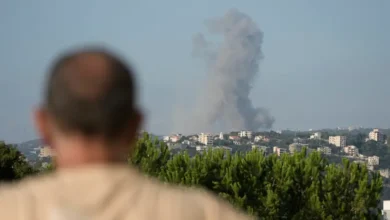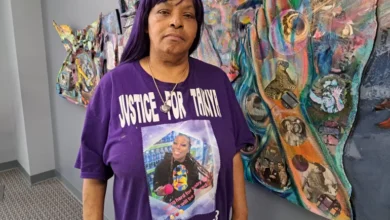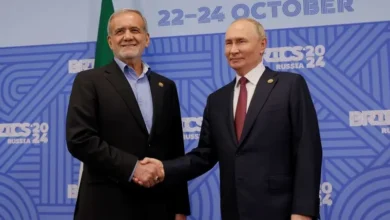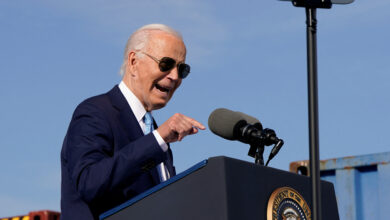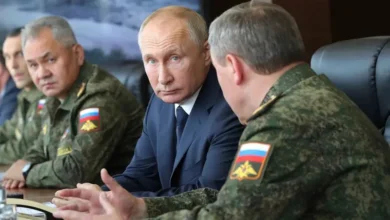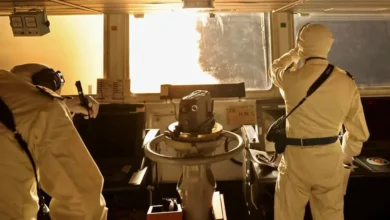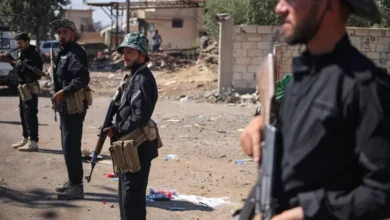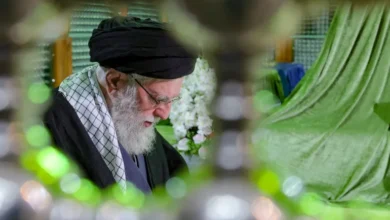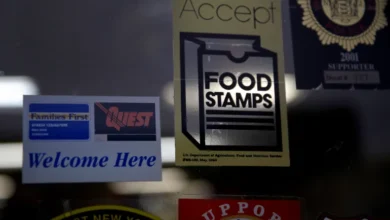Turkey’s elections: What are the key alliances promising?
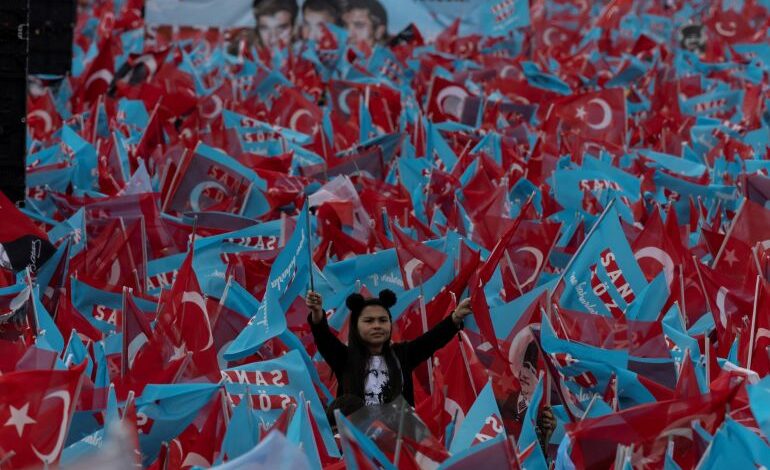
Turks are getting ready to vote in critical presidential and parliamentary elections on Sunday, as Turkish President Recep Tayyip Erdogan’s public support is put to the test against the backdrop of a severe economic crisis.
A six-party main opposition alliance has picked Kemal Kilicdaroglu, the leader of the centre-left Republican People’s Party (CHP), as its candidate.
Meanwhile, Erdogan’s Justice and Development (AK) Party added two conservative parties to its alliance in addition to its two long-term nationalist partners, pulling the coalition further to the far right.
The economy has topped the election agenda for many Turks, with a cost-of-living crisis fueled by soaring inflation.Other issues widely discussed in the campaign period have been what the governance system of the country should be, the fate of the millions of Syrians residing in Turkey and recovery policies to heal the country’s wounds from the twin February earthquakes that killed tens of thousands of people and destroyed hundreds of thousands of homes.
There are three alliances that are expected to make it to parliament amid a significantly high seven percent election threshold in Turkey’s recently amended electoral system.
Here is a rundown of each alliance’s main policies and promises.
People’s Alliance
The alliance, led by incumbent Erdogan’s AK Party, also includes the nationalist National Movement Party and the Grand Unity Party as well as the ultraconservative New Welfare Party (YRP).
It is also supported by smaller parties from outside, such as Huda-Par, a predominantly Kurdish political Islamist party, although it did not officially join the alliance.
The alliance’s campaign, led by the president, argues that it can fix the problems of Turkey once again, as it did in the past.Earthquake relief: Erdogan said his government will build a total of 650,000 new flats in southeastern Turkey, where the double tremors hit, and promised to deliver 319,000 of these in one year.
Economy: Erdogan promised to decrease inflation in the country to 20 percent in 2023 and below 10 percent in 2024, but also stressed that he would continue to decrease interest rates.
Housing: The president vowed to announce more regulations to protect citizens from extreme increases in rents and sale prices.
Refugees: Erdogan pledged more “voluntary” returns of Syrian refugees to their country, due to the improving dialogue between Syria and Turkey as a result of Russian mediation efforts.Foreign policy: Erdogan seeks to continue normalising Ankara’s ties in the wider region and aims to build an “axis” centred on Turkey. He said Ankara will keep cracking down on “terror” groups, such as the Kurdistan Workers’ Party (PKK) and the Gulen movement.
LGBTQ+ rights: Erdogan has said his government will “actively fight against deviant tendencies such as LGBT that threaten our family structure”. He has also accused the opposition of being “pro-LGBT”.
Galip Dalay, a non-resident senior fellow at the Middle East Council on Global Affairs, told Al Jazeera that the main idea of Erdogan’s campaign is “continuity, stability and grandeur”, with the aim to attract conservative and nationalist votes.
“The alliance uses a very sharp ‘fight against terror’ rhetoric to appeal to nationalist sentiments in the country as it promises to keep Turkey strong, independent and respected in foreign policy,” he said.

